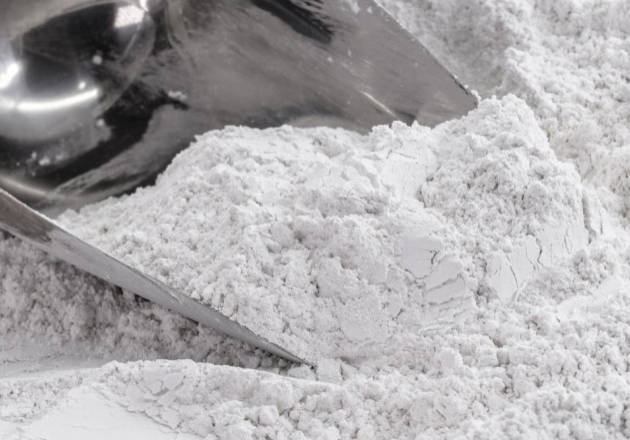We had previously worked with our customer, in veterinary pharmaceuticals, to help them solve tablet sticking problems in production. They appointed us to solve tablet strength issues in an animal health product for dogs, because their manufacturing team experiencing tablet capping and laminating difficulties during production.
The Issue to Be Solved
Merlin can use the same techniques that is seen in human tablet development in animal health development to help understand the issues that have been seen during production on this formulation.
The formulation showed low strength when manufactured with a beta press. Merlin can run compactibility tests to help understand any performance issues.
Merlin was asked to replicate this test to see if we could also see the challenges seen by the manufacturing team. Our customer asked us for a Heckel Test to give the properties of the API that they were using and then compactability and tabletability tests of the formulation to understand any causes of the poor performance.
Our Case Study Highlights:
- The same techniques seen in human tablet development can be used in animal health development.
- Low strength was seen in the formulation when manufactured, so tests were run to replicate the performance issues.
- Heckel Test on the API to understand the compaction properties. Tabletability testing to assess the performance of the formulation.
- Poor compression properties were seen without lubrication.
- Saved the customer time and money during manufacturing phase.
What Did We Do?
First, we conducted a Heckel Test on the formulation provided by the customer, to understand the material properties of the APIs. We do this to understand the fundamental compaction properties of the API. We only required a 5 g sample to conduct this testing.
The second stage was to complete Tabletability testing to assess the performance of one formulation. The formulation was assessed over a range of forces at fast speed to predict scale-up success, using a press simulation profile and 10 mm flat-faced tooling.
The formulation was also tested at a slow speed to assess the effects of speed and investigate elastic recovery in the formulation. A sample size of 25 g was required for this section of the testing process.
Our client also asked us to complete additional further work, on the same product but with different formulations to compare the results with the data from the earlier report.
The formulation showed poor compression properties without lubrication. Without lubrication capping and lamination was seen and would have struggled during production. When lubrication was added to the formulation the strength was better and would be able to withstand manufacture. We were able to save the customer time and money during the manufacturing phase by running the tests they requested.
Ask Us For A Consultation Call
Or you can call us on +44(0)1384 900 265


